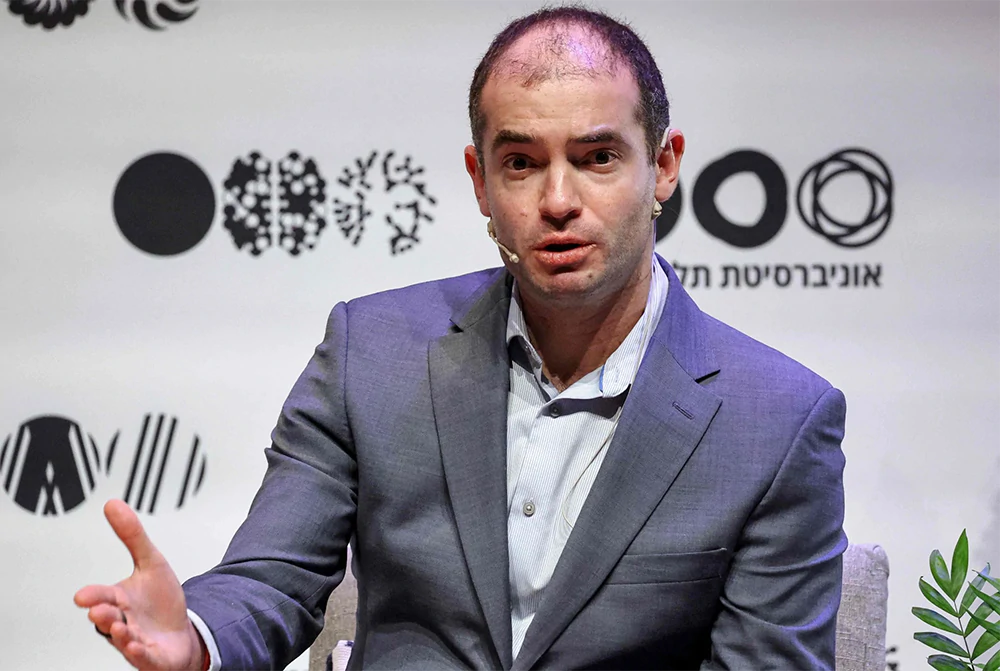The AI field was kind of boring and dull. The ripples the technology sent barely made beyond its realms, and captivate anyone else but researchers and geeks.
But following OpenAI's introduction of ChatGPT, the world was quickly in awed.
Since then, co-founder and CEO Sam Altman has been proactively speak about the benefits and the dangers of AI.
Ilya Sutskever, a Russian-born Israeli-Canadian computer scientist working in machine learning, co-founded OpenAI with Altman. While he remains more discreet, the Chief Scientist knows a lot more about generative AI than most people.
Sutskever shares Altman's beliefs, and his fears for the future of AI, and a little bit more.

Ilya Sutskever, renowned for his contributions to AI research, has been a key figure in the development of transformative AI technologies such as the GPT models and DALL·E.
Speaking in an interview with MIT Technology Review, Sutskever was pessimistic.
Before ChatGPT made its debut, he said that he was initially unimpressed by the chatbot. This happened because it was unable to answer questions accurately.
"I will admit, to my slight embarrassment when we made ChatGPT, I didn't know if it was any good," said Sutskever.
"When you asked it a factual question, it gave you a wrong answer. I thought it was going to be so unimpressive that people would say, 'Why are you doing this? This is so boring!'" he added.
This is why he was surprised by its explosive popularity.
He credited ChatGPT's positive public perception dur to how it creates convenience, not accuracy.
Sutskever compared the first time people used ChatGPT to a "spiritual experience."
"That first time experience is what hooked people," he said. "You go, 'Oh my God, this computer seems to understand.'"
As a result, ChatGPT has rewritten a lot of people’s, and even Sutskever's own expectations about what’s coming, turning "will never happen" into "will happen faster than you think."
"It’s important to talk about where it’s all headed," he said.
"At some point we really will have AGI. Maybe OpenAI will build it. Maybe some other company will build it."
Read: Transitioning To AGI Is Perhaps The Most Important, And 'Scary' Project In Human History
As generative AIs become smarter and smarter, Sutskever focus is more into how to stop the AI from going rogue.
In a hypothetical future, it has long been in pop culture, that AI will have a mind of its own, become conscious, and see humans as rivals.
Sutskever suggests that the world needs to wake up to the true power of the technology his company and others are racing to create.
For sure, Sutskever never thought he would say this one or two years ago. But by seeing how capable generative AIs have become, and how people are using it, no one can stop the hype.
Sutskever is much less of a public figure than Altman, and he doesn’t give a lot of interviews.
But when he speaks, he's more methodical, and seems to turn questions asked into puzzles he needs to solve.
"It’s going to be monumental, earth-shattering. There will be a before and an after," he said.